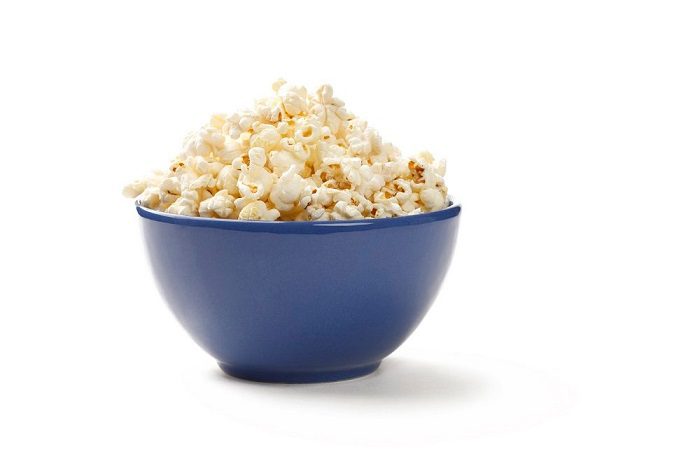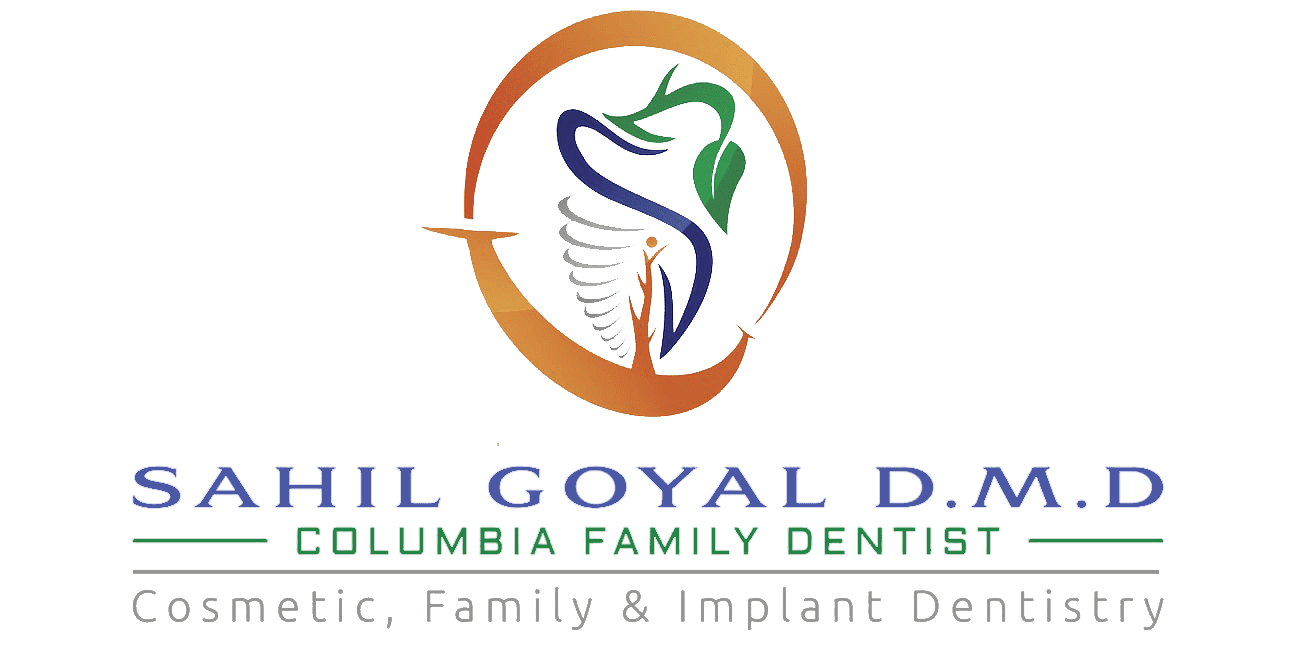Teeth are designed to withstand the wear and tear of the constant tasks of chewing, grinding, and biting foods. But even though they are durable, high pressures exerted on your teeth by certain items could cause tooth breakage.
A chip, crack, or fracture in a tooth will disrupt the look of your smile. But it also creates a vulnerable spot in your dental structure that puts you in danger of further dental issues, including tooth decay and infections.
Prevent this problem by paying attention to the items you put in your mouth, especially your diet. Awareness of the foods that could harm your teeth in this way can help you preserve your dental structure. Read on to find three types of foods that pose a risk of breaking your teeth if you are not careful when eating them.

Popcorn
Popcorn is a fun snack that many people enjoy when watching a movie either at home or at a theater. When heated in oil, the hard corn kernels pop to reveal the beloved light, fluffy food. But this soft snack can hide unpopped kernels at the bottom of your bowl.
If you bite into one of these hard kernels, you have a high likelihood of breaking one or more teeth. This dental injury does not always hurt, but dentists still consider it a dental emergency.
A crack or chip in a tooth can deepen and worsen, so you should seek urgent treatment from your dentist for tooth breakage. Do not hesitate to call your dentist about this problem.
Bagels
A bagel can make a crucial part of an ideal sandwich that suits any time of day. But a lot of people do not realize that bagels are dense, and these and other hard breads could threaten to break your teeth if you do not pay attention while eating them.
Take precautions when biting into a bagel so that you do not injure your smile. If you do suffer tooth breakage, your dentist can restore many injuries with a dental crown. This ceramic cap will cover the tooth, sealing into place to reshape its structure and prevent further dental harm.
You should note that a crown can amend a broken tooth, but this cap is not completely indestructible. Continue paying attention to your diet and the way you eat to avoid damaging the crown or another tooth.
Hard Candy
Hard candy refers to a sweet treat made from boiled sugar that solidifies into the candy you know and love as it cools. You should suck on this candy, enjoying the flavor, as it dissolves in the mouth. However, many people feel tempted to bite hard candy before this point.
Such an act could result in serious tooth breakage. If you cannot resist biting down on hard candy, you should steer clear of this treat. But if you do hurt your tooth this way, do not hesitate to let your dentist know.
